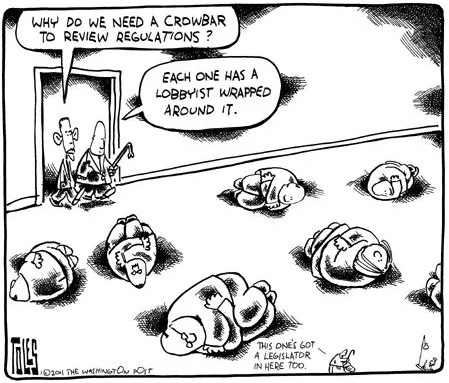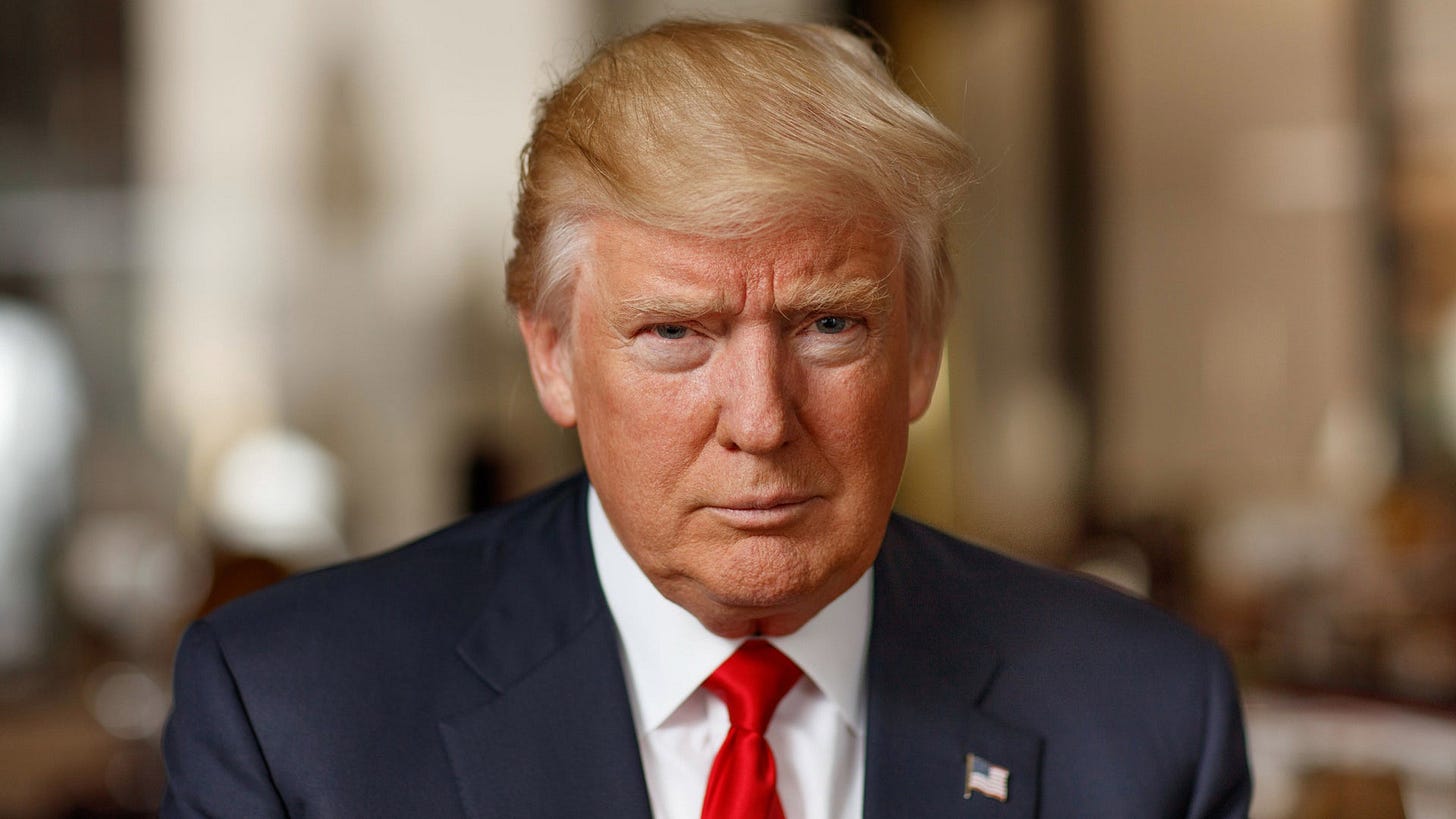Introduction
Unchecked power, when left to proliferate without oversight or accountability, can have devastating and far-reaching consequences. It can pass through every layer of society, creating a web of influence that distorts the fundamental principles of democracy and justice. When corporations, government agencies, and various organizations operate without checks and balances, the potential for abuse and corruption increases exponentially.
The unchecked accumulation of power can lead to a society where the rich and powerful dictate terms, leaving ordinary citizens vulnerable and marginalized. The unforeseen consequences of such unchecked power are manifold. It can lead to the erosion of public trust in institutions, create economic disparities, and foster environments where illegal activities can thrive unchecked.
For instance, the disappearance of over 500,000 children and the misuse of billions of dollars by NGOs are stark reminders of what happens when power is wielded irresponsibly.
Government agencies, when corrupt, have exacerbated these issues. With the lack of the necessary oversight and accountability further entrenching of corruption and neglect is inevitable.
Overview of Power Dynamics
Power dynamics refer to the ways in which power is distributed and exercised within society. Understanding these dynamics involves analyzing the sources and mechanisms of power, as well as how they interact with different entities such as corporations, government agencies, NGOs, and political organizations.
Elements of Power:
Money: The influence of financial resources in shaping decisions and actions. Corporations and wealthy individuals often use their financial clout to gain favorable outcomes in politics and business.
Control of Information: The ability to manipulate and disseminate information to shape public perception and policy. Media control and propaganda are common tools.
Legislative Influence: The power to shape laws and regulations through lobbying and political pressure. Corporations and special interest groups often exert this influence.
Political Influence: The ability to place and support individuals in key government positions to ensure favorable policies and decisions. This includes campaign funding and electoral manipulation.
Domains of Power:
Financial Alliances and Initiatives: The accumulation and flow of financial capital through banks, investors, and venture capitalists, which influence and are influenced by economic policies.
Global Economic Systems: The interconnected markets, businesses, and products that drive the global economy. Corporations dominate this domain, influencing everything from consumer behavior to international trade policies.
Legislative and Regulatory Bodies: Government agencies and bodies that create and enforce laws and regulations. Their decisions have wide-ranging impacts on society.
Think Tanks and Policy Groups: Organizations that conduct research and advocacy to influence public policy and political discourse. Their work often reflects the interests of their funders.
Environmental, Social, and Governance (ESG) Principles: Standards and practices that guide corporate behavior towards sustainability and social responsibility. While they are intended to promote ethical conduct, they can be superficially adhered to for public relations benefits.
Influence of Power:
Coercive Power: Based on the ability to punish or threaten others, using fear to enforce compliance.
Reward Power: Derived from the ability to distribute rewards and incentives to influence behavior.
Legitimate Power: Stemming from formal positions and roles within an organization or society.
Expert Power: Based on knowledge, skills, and expertise, influencing others due to perceived competence.
Referent Power: Originating from charisma and likability, inspiring loyalty and trust.
As we delve deeper into the intricacies of these power dynamics, we begin to uncover how their interplay creates a formidable coalition capable of steering societal outcomes.
This three section article will explore real-world examples and the dark consequences of unchecked power, illustrating the critical importance of vigilance, accountability, and active citizen engagement in safeguarding our Constitutional Republican values and ensuring ethical governance.
Although this story uses fictitious names, it reflects a truth that resonates more deeply than fiction.
Part 1: Elements of Power in Action
In the small, close-knit community of Fairview, home to 50,000 residents, life revolved around traditional values and local customs. The town prided itself on its independence and strong sense of community. However, the winds of change were about to blow through Fairview, driven by a powerful conglomerate, Blackstone Corporation, which had its sights set on transforming the town for its own profit and strategic interests. Unbeknownst to many, Blackstone Corporation had deep ties with a foreign entity, NeoNation, which harbored its own agenda for destabilizing American society.
Money
Blackstone Corporation, with vast financial resources and backing from NeoNation, launched an aggressive campaign to reshape Fairview. The corporation funneled millions of dollars into local elections through its 501(c)(3) and 501(c)(4) NGOs. The 501(c)(3) organization, innocuously named "Fairview Future Fund," ostensibly promoted educational and social initiatives but primarily served as a front for Blackstone Corporation and NeoNation's agenda. The 501(c)(4) entity, "Citizens for Economic Progress," openly lobbied for policies favorable to Blackstone Corporation‘a business interests.
Blackstone Corporation donated generously to the campaign funds of candidates for district attorney, school board members, mayors, and judges who were sympathetic to its cause. These candidates promised to bring economic growth and modernization to Fairview, framing their agenda as a path to prosperity.
Behind closed doors, some officials and influential community leaders received direct financial incentives to support Blackstone Corporation’s initiatives. These bribes ensured that key figures would champion the corporation's cause and suppress any opposition.
Control of Information
To control the narrative and sway public opinion, Blackstone Corporation utilized its extensive media holdings and influence, supported by NeoNation's sophisticated disinformation tactics.
Local newspapers, radio stations, and social media platforms began to flood with stories highlighting the benefits of Blackstone Corporation’s proposed developments. Articles praised the corporation's commitment to job creation and infrastructure improvements, while downplaying or ignoring potential negative impacts on the community's values and way of life.
Critical voices and dissenting opinions were systematically silenced. Journalists who attempted to expose the true motives behind Blackstone Corporation’s plans faced threats and were pressured to retract their stories. Community forums and public meetings were tightly controlled, with dissenters often excluded from the conversation.
Legislative Influence
Blackstone Corporation’s next move was to ensure that the local laws and regulations would be tailored to facilitate its entry and expansion into Fairview.
The corporation's 501(c)(4) arm, Citizens for Economic Progress, deployed a team of lobbyists to influence local lawmakers. These lobbyists worked to draft and promote legislation that would ease zoning restrictions, provide tax incentives, and grant other regulatory favors to Blackstone Corporation.
Through a combination of public relations efforts and behind-the-scenes lobbying, Blackstone Corporation shaped local policy to create a more favorable business environment. Proposed laws were crafted to sound beneficial on the surface but were designed to dismantle traditional protections that the community relied on.
Political Influence
Blackstone Corporation’s influence extended deeply into the political fabric of Fairview, affecting both elections and appointments, with strategic input from NeoNation to destabilize the local governance.
Strategic placements in key positions were vital for Blackstone Corporation’s plan. The corporation used its influence to ensure that district attorneys, judges, and other officials who would oversee legal matters related to its operations were favorable to its interests.
The “Democracy Now” PAC established by Blackstone Corporation with funds funneled from NeoNation, poured money into the election campaigns of candidates who supported the corporation's vision. Slick advertising campaigns, funded by dark money, painted these candidates as the future leaders who would bring prosperity to Fairview. Opposing candidates, lacking the same financial backing, struggled to make their voices heard.
As Blackstone Corporation’s plan unfolded, the community of Fairview found itself at a crossroads. Traditional beliefs and morals clashed with the promise of economic growth and modernization. The true motives behind Blackstone Corporation’s actions, influenced by NeoNation's agenda to destabilize American society, remained hidden from many. Those who understood the potential consequences faced an uphill battle against a well-funded and well-organized coalition of power.
The stage was set for a confrontation that would test the resilience and unity of Fairview's residents. The community was about to learn firsthand the dark consequences of unchecked power and the importance of vigilance and accountability in protecting their way of life.
Part 2: Domains of Power and Their Impact
As Blackstone Corporation and NeoNation's influence in Fairview solidified, the next step was to expand their reach to the state level, aiming to create a stable foundation for further national impact. By leveraging various domains of power, they set their sights on embedding themselves deeper into the political and economic fabric of the state. This larger scale of operation promised to bring even more significant changes, with far-reaching consequences.
Financial Alliances
Blackstone Corporation with NeoNation's backing, began forming strategic alliances with major state banks. These alliances were crucial for securing loans and financial services needed to support their expansive projects. By investing heavily in these banks, Blackstone Corporation gained influence over their operations, steering their policies to favor the corporation's interests.
The banks, eager to benefit from the influx of capital, offered favorable terms and prioritized Blackstone Corporation’s projects over local businesses. This led to a shift in the financial landscape, where small businesses found it increasingly difficult to compete or secure funding, gradually destabilizing the local economy.
Investment firms were also drawn into the fold. Blackstone Corporation funneled substantial investments into these firms, which in turn promoted Blackstone Corporation’s projects as lucrative opportunities. This symbiotic relationship ensured that Blackstone Corporation’s interests were always at the forefront of investment priorities, further marginalizing local enterprises and consolidating corporate power.
Global Economic Systems
At the state level, Blackstone Corporation expanded its corporate footprint by acquiring key businesses and integrating them into its operations. This created market monopolies that stifled competition and allowed Blackstone Corporation to control prices and availability of essential goods and services.
This corporate dominance extended to critical sectors like healthcare, utilities, and transportation. Residents began to notice a decline in the quality of services and an increase in prices, but with little alternative, they had no choice but to comply with the new status quo.
Market Monopolies
By controlling these vital industries, Blackstone Corporation influenced the state’s economic policies and priorities. Legislators, swayed by corporate lobbyists and financial contributions, passed laws that further entrenched Blackstone Corporation’s market dominance, making it nearly impossible for smaller competitors to survive.
Legislative Bodies
Blackstone Corporation and NeoNation targeted state government agencies responsible for regulatory oversight. By strategically placing sympathetic officials in key positions, they ensured that regulations were either relaxed or enforced in a way that favored their interests.
These agencies, now effectively under corporate control, failed to act as watchdogs, allowing Blackstone Corporation to operate with minimal oversight. This regulatory capture led to widespread abuses, from environmental degradation to worker exploitation, with little to no accountability.
Through intensive lobbying and strategic donations, Blackstone Corporation influenced the legislative process, ensuring that new regulations were designed to benefit their operations. Lawmakers, incentivized by financial contributions and the promise of economic growth, overlooked the long-term detrimental impacts on the state’s economy and environment.
Think Tanks
To lend credibility to their agenda, Blackstone Corporation and NeoNation funded state-level think tanks to produce research that supported their initiatives. These think tanks published reports highlighting the economic benefits of Blackstone Corporation’s presence, downplaying or ignoring the negative consequences.
The research, presented as objective and independent, swayed public opinion and provided lawmakers with the justification needed to support Blackstone Corporation’s projects. Critics who challenged these findings were often marginalized or discredited.
Policy Recommendations
Think tanks also played a crucial role in shaping state policies. Their policy recommendations, heavily influenced by corporate funding, prioritized Blackstone Corporation’s interests. Legislators, relying on these recommendations, enacted policies that favored corporate expansion at the expense of public welfare.
ESG Principles
Greenwashing
Blackstone Corporation’s, aware of the growing public concern for environmental and social issues, adopted ESG (Environmental, Social, and Governance) principles superficially. They launched high-profile sustainability initiatives and social responsibility campaigns designed to project an image of corporate responsibility.
However, these efforts were largely performative. Behind the scenes, environmental regulations were flouted, and labor practices remained exploitative. The public, misled by the greenwashed image, remained unaware of the true impact of Blackstone Corporation’s operations.
Superficial Compliance
Compliance with ESG standards was minimal and largely for show. Blackstone Corporation focused on meeting the bare minimum requirements to avoid scrutiny, while the actual practices continued to harm the environment and exploit workers. This superficial compliance allowed Blackstone Corporation to maintain its facade of responsibility while pursuing its agenda unimpeded.
Transition to National Impact
The consolidation of power at the state level created a stable foundation for Blackstone Corporation and NeoNation to exert even greater influence on a national scale. With the state’s economic and political systems firmly under their control, they were poised to expand their reach, affecting national policies and representation. This growing influence promised to perpetuate corruption and poor governance, ultimately undermining democratic principles and public trust across the nation.
“To bring down a sovereign nation is to undermine the sovereign man, making him feel isolated, alone, and broken, ultimately stripping sovereignty of its value.”









The situation described is clearly NOT something anticipated by the Constitution because the intent of the constitution is a division of powers such that no one person or entity has too much power over another (establishing Tyranny). The method employed by the Constitution divides branches of government. The power dynamics identified here did not exist in the early days of this nation.
The intent of the Constitution is Government That Protects Rights. If that intent is to be pursued, the wielding of power by non-government institutions or by regulators or by corporations must also have limits upon and a division of powers, there is no alternative to this. Consequently the Constitution must be revised to include all of the influences that thwart its intent.
This series will hopefully do more than explain the workarounds by industry, etc., to empower themselves at the expense of Good Government and The People. It should culminate in suggestions for reform, or better, a comprehensive plan to institute reform to realize Constitutional intent. My best on this is free here https://drive.google.com/file/d/144XKdBUG9v_gghulPbameGeMaBXUVjuU/view but I prevail upon the author(s) to do much better which I submit I think they can do quite well based on the quality of this work.
This is the first one…. I will wait to read the trilogy before deciding.